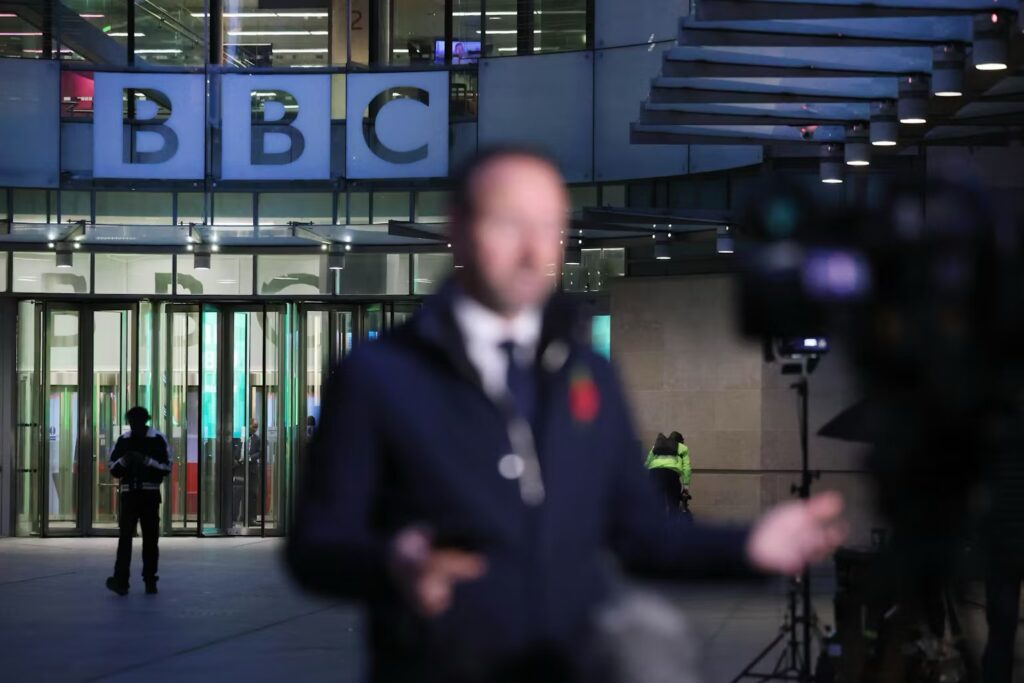WASHINGTON (AP) — The U.S. government faces a shutdown as President Donald Trump and Congress were unable to reach an agreement before the deadline. About 750,000 federal workers are expected to be furloughed, with others potentially facing termination. Many offices could close, and essential government services may falter as Trump asserts his administration will pursue irreversible actions as a form of retribution.
With an impending shutdown, both political parties are trading blame. Democrats, typically advocates for continued government funding, are insisting on renewing funding for healthcare subsidies that are expiring, impacting millions under the Affordable Care Act.
In contrast, Republicans have opted not to negotiate, even as Democrat representatives urge discussions. The political stalemate has potential repercussions, as the lives of those relying on government assistance hang in the balance.
Economic Consequences Could Be Severe
Experts believe an economic jolt could be imminent. The monthly jobs report is set for release soon, and it remains unclear whether it will be published amid the shutdown.
Unlike past shutdowns, financial markets could react more negatively this time due to the lack of negotiations. Pressure is mounting on Congress to find solutions, as the fallout of the shutdown may spread far beyond politics, affecting community services and benefits.
Government Services Impacted
While healthcare programs like Medicare and Medicaid are expected to continue, staffing shortages may lead to service delays. Federal agencies are preparing for mass furloughs, with some units potentially facing layoffs as part of an initiative to downsize federal employment.
Neither side has proposed a clear solution to avert a lengthy shutdown, which could result in chaos for citizens depending on government resources.
Political Standoff as Healthcare Costs Rise
The impasse reflects the broader challenges of a divided Congress, where Democrats and Republicans struggle to agree on budget priorities. Senate Majority Leader John Thune remarks that Republicans are willing to discuss healthcare issues, yet refuse to negotiate terms for a government funding deal.
As the effects of the shutdown loom, lawmakers face pressure from constituents and party activists. Leading figures, including Senate Democratic leader Chuck Schumer, express concerns over escalating healthcare costs.
Many Americans are already feeling the impact of rising expenses and uncertainty as the government shutdown approaches.
Historically, shutdowns have stretched back decades, but the current standoff is a new test for leaders navigating an increasingly polarized political landscape.





















